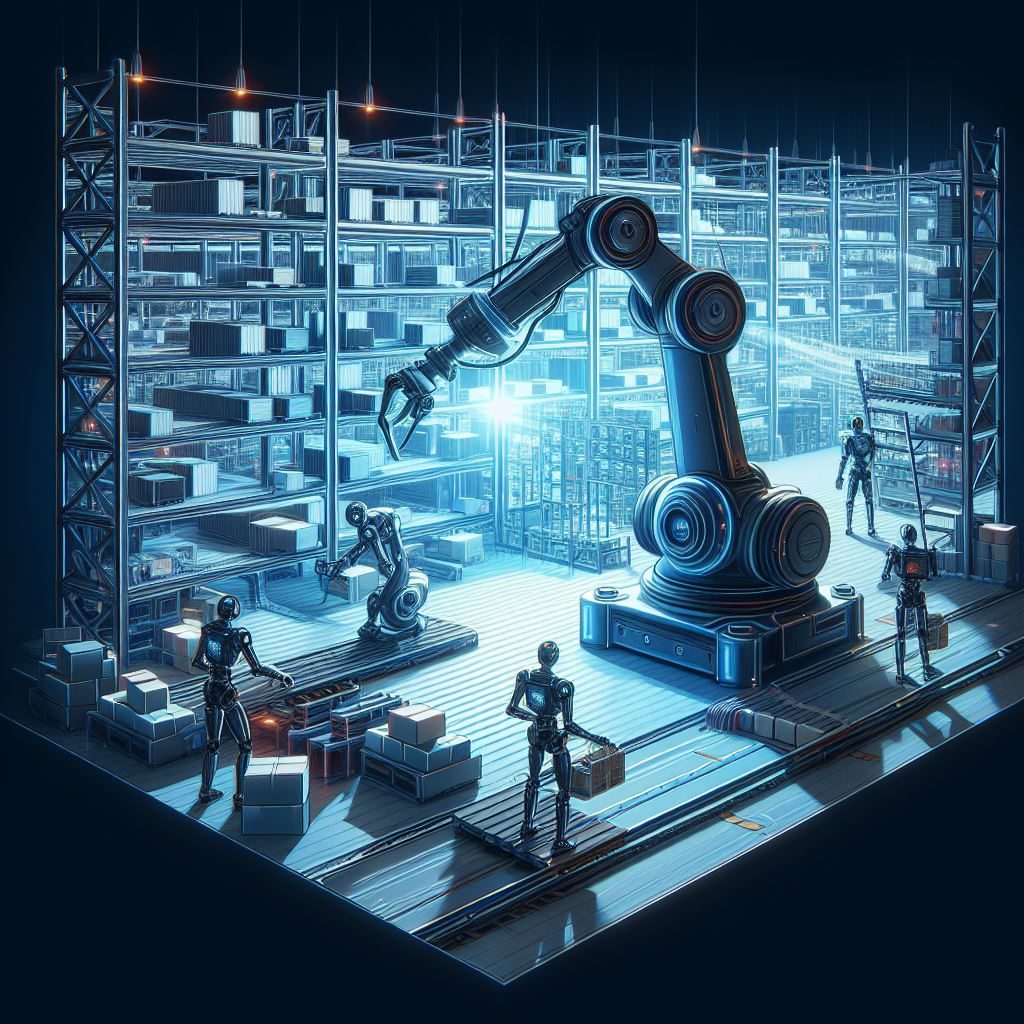In a recent development in the world of Hollywood, a tentative contract deal has been struck between major film studios, television producers, and the ink-stained wretches who breathe life into scripts and storylines. For these writers, this deal seems like a silver lining in a profession often characterized by underappreciation and underpayment. The agreement offers them a ray of hope in the form of total pay hikes amounting to 12.5 percent over three years, along with staffing minimums for television productions and enticing bonuses linked to viewership on streaming platforms. However, the most intriguing aspect of this agreement is its attempt to regulate and curtail the use of artificial intelligence (AI) in content creation, as well as mandate transparency regarding AI’s involvement in generating content.
The AI Dilemma: Where Creativity Meets Commerce
Writers, who are the unsung heroes behind the scenes, deserve this moment of recognition and reward. Consider the plight of actors and television comedians during the 148-day strike, left without the lifeblood of scripts and jokes penned by these behind-the-scenes wizards. Audiences, too, have been left grumbling due to the interruption of their favorite series and late-night shows.
Nevertheless, the somber reality is that, despite the contractual safeguards against AI, this agreement merely postpones the inevitable. It slows down the erosion of human-generated content but doesn’t halt it entirely. The faint knocking at the door that writers hear is the specter of AI, and it’s growing louder.
This issue stems from an age-old struggle between creativity and commerce. As long as writers are viewed as commodities, a mere utility keeping the industry’s lights on, rather than as talent of equal value to box-office stars, studios will relentlessly seek cheaper alternatives. AI, although unpalatable, is the obvious solution, and it’s advancing rapidly.
The entertainment industry is not alone in grappling with the seismic shifts in the way work is accomplished. Research by IBM suggests that 1.4 billion people worldwide will be affected by AI and automation, and 40 percent of workers will require new job skills within the next three years. Goldman Sachs predicts that 300 million jobs will either be lost or altered by AI.
The generational divide: Human vs. AI-created content
Given the scale of this transformation, the AI provisions in the writers’ agreement seem more like a temporary fix than a lasting solution. One of the primary concerns raised by writers during the contract negotiations was how platforms like ChatGPT were threatening screenwriting jobs by marginalizing the human touch. The eventual concession, requiring studios to disclose when AI plays a role in generating concepts or content, seems somewhat lenient. Can we realistically expect a major player like Walt Disney Co., whose struggles in the streaming and film sectors have dented its market value, to willingly embrace limitations on its commercial success? It’s not personal; it’s just business.
So, what does this “inevitable” future hold for Hollywood writers? It’s conceivable that formulaic TV shows like sitcoms and police procedurals could soon be entirely penned by AI. The same applies to formulaic romance movies that adhere to well-worn storylines – boy meets girl, boy turns out to be a sociopath, and boy gets entangled with the girl and her friends, eventually landing in jail.
Over time, human-generated content may become a rarity, reserved for special projects, while the idea of studios and actors personally selecting their favorite writers gradually fades. A niche genre of human-only content might emerge, marketed as a premium product that commands a higher price. Perhaps platforms exclusively featuring human-created content will emerge, resembling quaint versions of cable channels catering to aging Baby Boomers, filled with reruns of classics like The Andy Griffith Show, The Beverly Hillbillies, Ironside, and Mannix.
For film and television writers, job security depends as much on the viewers as it does on contractual agreements. The central question is whether audiences will care whether their favorite shows and films are computer-generated or the result of human creativity. There’s likely a generational divide here. Those of the old school appreciate the emotional depth of dialogue crafted by human minds and hearts. Could AI ever create an iconic line like Humphrey Bogart’s “Here’s looking at you, kid” from Casablanca or deliver Lauren Bacall’s smoldering “Just put your lips together and blow” from To Have and Have Not? It seems doubtful.
However, younger generations, exemplified by my college-aged kids, might scoff at such sentimentality. Their generation voraciously consumes content across various platforms, seemingly indifferent to its origin. If they can access the next installment of Stranger Things on Netflix sooner, they care little whether it was produced by humans or machines.
In the evolving landscape of entertainment, Hollywood writers find themselves at a crossroads, negotiating not only contracts but also the very essence of their craft. The future remains uncertain, but one thing is clear: the battle between human creativity and AI-driven efficiency is far from over, and its outcome will shape the content we consume for years to come.





